Better Work, Better Lives Elevating the RMG Industry in Bangladesh

Better Work Bangladesh Programme, a partnership between the International Labour Organization (ILO) and the International Finance Corporation (IFC), in collaboration with The Daily Star and The Daily Prothom Alo, organized a roundtable titled 'Better Work, Better Lives: Elevating the RMG Industry in Bangladesh' on May 15, 2024. The event was supported by the Ministry of Economy, Trade and Industry (METI) and the Government of Japan. Here is a summary of the discussion.

Mahfuz Anam, Editor & Publisher, The Daily Star
The goal of this roundtable, along with the Better Work Bangladesh project, is to foster a sustainable, ethical, and profitable RMG sector. Acknowledging the global significance of sustainability and the enduring importance of ethics, The Daily Star pledges to deeply engage with these principles.
We are achieving development at an impressive rate with a high degree of inclusiveness. However, the more we examine these issues, the more we realise the weaknesses in our efforts. Roundtables like this, and collaboration with institutions like the ILO, are our way of addressing these shortcomings. The ILO has had an influential impact on Bangladesh's policymaking regarding labour rights and many other fundamental issues. I assure you, this will not be a one-off event. We will follow up with our own editorial initiatives and our ongoing commitment to a sustainable Bangladesh.
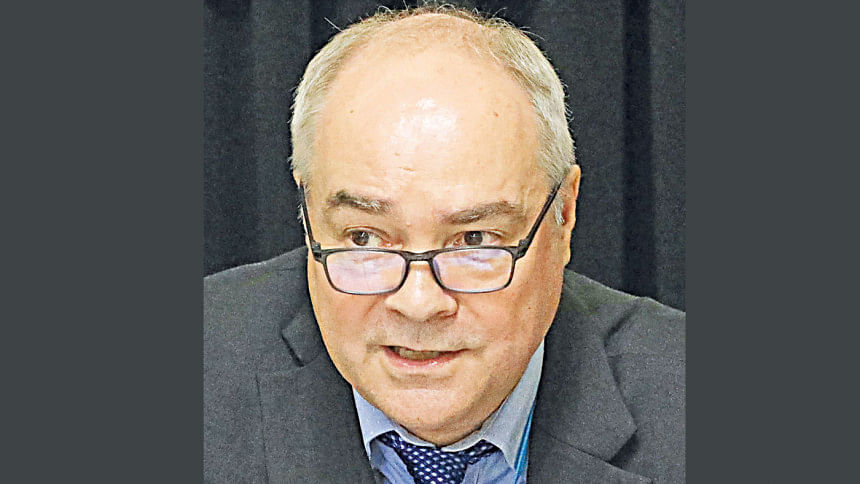
Tuomo Poutiainen, Country Director, International Labour Organization (ILO)
Over the past decade, dedicated efforts to enhance safety, health, and human resource management system have positioned Bangladesh's garment sector as one of the most competitive and compliant industries globally. This sector now has the capacity to address social and environmental issues effectively in the future. Better Work collaborates with the government, enterprises, and industry associations like BGMEA and BKMEA to demonstrate, recommend, and endorse feasible practices at the enterprise level. These efforts are increasingly being adopted by businesses in Bangladesh.
Other industries aiming to expand into global markets should draw inspiration from the achievements of the garment industry and adopt similar methods and programmes. Bangladesh has the potential to excel in various sectors, including food and agriculture, manufacturing, pharmaceuticals, and furniture making, by fostering a comparable understanding of social and environmental compliance. Discussions involving industry representatives, academia, trade unions, workers, and policymakers are essential for sharing experiences and promoting the adoption of these measures across different industries.
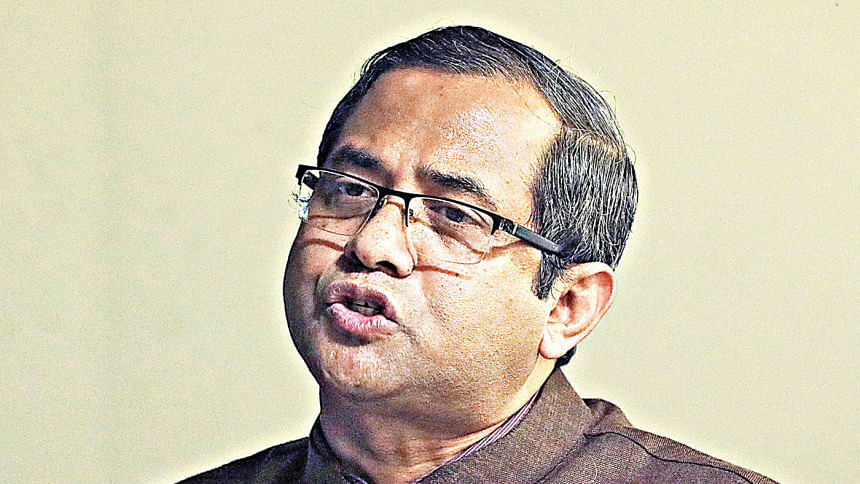
Dr Khondaker Golam Moazzem (Keynote Speaker), Research Director, Centre for Policy Dialogue (CPD)
The garment sector has made significant strides in occupational safety and has reached new heights compared to before the Rana Plaza disaster. This is undoubtedly an achievement, but there are still areas that need improvement. Weaknesses remain in workplace safety, labour rights issues, and overall worker well-being. Additionally, new challenges are emerging, the most important being the graduation from LDC status. This transition moves the sector from a preferential competitiveness environment to a non-preferential one. Adapting to this new environment is crucial.
In this context, Better Work has served as a bridge between the desired improvements and the progress made over the last decade. It has significantly supported the RMG sector in enhancing overall occupational safety standards, fostering social dialogue, promoting worker well-being, and advancing gender equality.
The Better Work programme was launched in 2014, introducing a completely new package of elements previously unknown to Bangladesh. This joint initiative of the ILO and IFC has now completed its first decade.
Over the past decade, it has covered 470 factories, including 50 brands and 1.3 million workers, representing one-third of all RMG workers. Notably, 51% of the beneficiaries are female. This demonstrates the significant and high-quality support the programme has provided to factories.
The programme has significantly contributed to worker well-being, reduced non-compliance, and improved overall worker satisfaction and livelihood. For instance, workers in Better Work factories receive 5.4% higher base pay and are 5% more likely to be paid on time, averaging an additional BDT 450 per month.
The programme includes a mix of large, medium, and small factories, making it representative of the industry. It has also addressed various non-compliance issues effectively, such as a 22% decrease in overtime limit violations, a 20% decrease in failures to provide overtime notice, a 56% decrease in failures to provide weekends, and a 21% decrease in failures to compensate for overtime.
Well-managed factories that treat workers well report a better working environment and remuneration. Consequently, 66% of workers in Better Work factories report being satisfied or highly satisfied with their working environment.
What are the key programmes of Better Work? Firstly, it focuses on social dialogue and grievance mechanisms, encouraging dialogue and oversight. This is particularly important as dialogue is often lacking at the factory level.
One significant achievement has been the nearly 50% reduction in non-compliance rates in bipartite committees and factories between 2018 and 2022. These committees now demonstrate higher compliance.
Better Work's focus on women's representation has led to nearly a 50% increase in women's participation in committees over the last five years. However, there is still room for improvement in enhancing the effectiveness of these participation committees.
Over the last decade (2014-2022), non-compliance in this domain has decreased to 35%. These sustained improvements signify a significant reduction in non-compliance, with nearly 100% compliance in periodic emergency drills in Better Work factories, indicating the effectiveness of these measures.
Owners, employers, directors, and garment manufacturers often ask how they benefit from providing these services to workers. The advantages are clear: ensuring labour rights has led to a 55% increase in export revenue and a 50% rise in export volume for these factories.
Better Work offers special programmes like the Gender Equality Returns Programme, helping women advance into supervisory roles with increased pay.
While Better Work hasn't achieved everything, it has set a benchmark for other factories and sectors to adopt good practices. Future efforts should focus on improving occupational safety, promoting social dialogue, and enhancing grievance mechanisms. Gender equality and skill development also need more attention.
Factories engaged in these initiatives deserve better incentives from buyers and the government. Policy reforms, driven by collaboration between the government, employers, and workers, may be necessary.
In conclusion, Better Work has the potential to expand and thrive in the garment sector and beyond by continuing to promote responsible business practices and high standards for labour and social conditions.
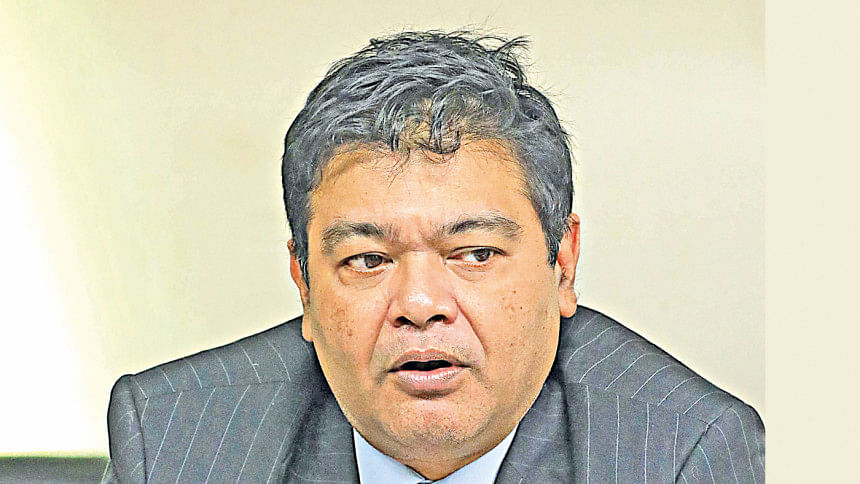
Ashraf Ahmed, President, Dhaka Chamber of Commerce & Industry (DCCI)
The primary focus of Better Work Bangladesh is to enhance productivity, attract better wages, and create a more conducive business environment by improving management practices on the factory floor. These practices involve fostering an environment where employees are heard, grievances are addressed, and opportunities for improvement are embraced, reshaping the organisational mindset over time.
Treating employees with respect and addressing their concerns boosts productivity, even without wage increases. This enhances the organisation's output capacity, leading to tangible results.
The challenge is not about investment but about effectively implementing management practices and training programmes that resonate and drive awareness. Disseminating these practices across thousands of factories in various sectors requires raising awareness and providing training at the junior management and supervisor levels, tailored to the factory environment. Better Work Bangladesh should focus on a cascade model for knowledge transfer to address this challenge effectively.
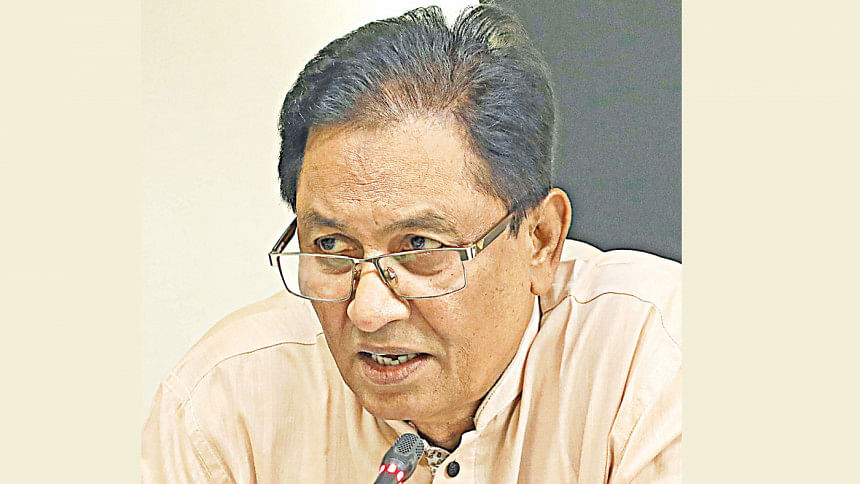
Shahidullah Badal, General Secretary, Industrial Bangladesh Council (IBC)
There are 160 factory-level registered unions, but only 60 of these unions are functioning, which is a very low number. Forming a union at the factory level remains a significant challenge. The Better Work Programme has created opportunities for forming trade unions; therefore, more factories should be brought under this programme.
At the policy level, a database should be developed to track the various activities of factories under the Better Work Programme. This database should also analyse both participating and non-participating factories. The government should take the initiative in creating and maintaining this database. The inspection system also needs to be strengthened. It is crucial to focus on capacity building and skill development. Promoting social dialogue is essential to address disputes and find solutions. The automation-driven transformation is resulting in many workers losing their jobs. Therefore, they need to become familiar with and knowledgeable about these new technologies through skill development.
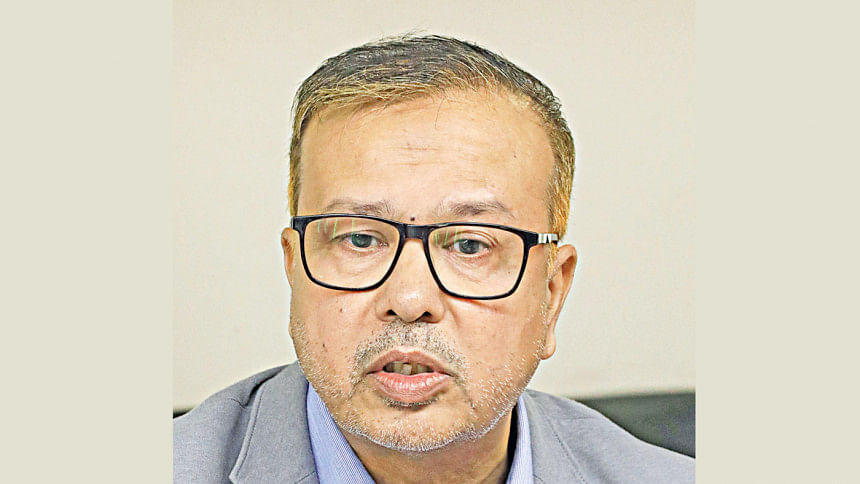
Mohammed Zahidullah, Chief Sustainability Officer, Dulal Brothers Limited (DBL)
DBL has established Industry-Based Training (IBT) centers, accredited by NSDA, within its spinning mill and garments factory. These centers focus on providing hands-on training on live industry problems, offering a more practical learning experience compared to traditional TVET institutions. More industries should adopt IBTs, potentially with government support.
The proportion of female employees in the RMG industry has declined over the years, from 80% to around 50-55%. To retain female workers, the RMG industry must create more attractive employment opportunities.
By 2030, we need to reduce our carbon intensity, primarily through renewable energy. Space constraints in Bangladesh limit rooftop solar expansion, so government support is crucial. The government aims for 40% renewable energy by 2041, and a public-private partnership could help achieve this. The government could provide land while the private sector handles financial investment. Meeting climate goals is essential for continued growth.
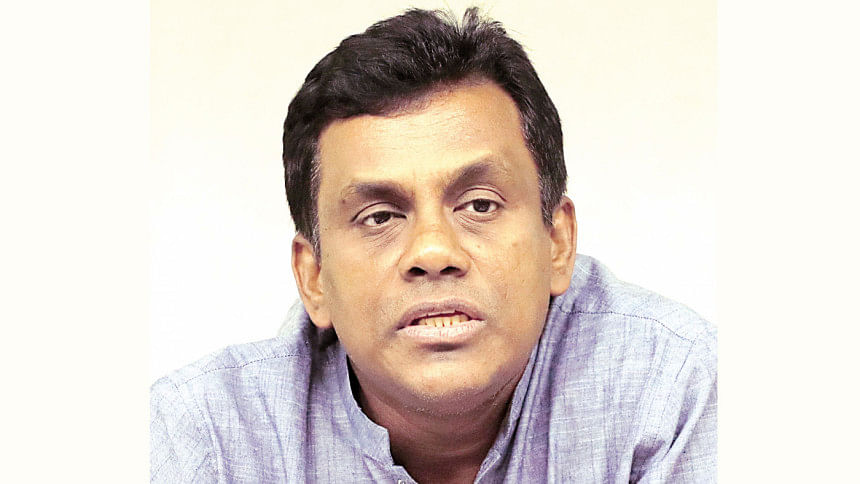
Firoz Chowdhury, Assistant Editor, Prothom Alo
The media cannot operate in isolation; it is our responsibility to accurately cover events as they unfold. Prothom Alo diligently reports both the positive and challenging aspects of the RMG sector regularly. Over the past decade, this sector has undergone significant transformation. Following the Rana Plaza incident, there were concerns that the entire industry would suffer irreparably. However, we have since prioritized compliance, ensuring rigorous standards are met. Nonetheless, there remains a crucial need for a comprehensive data bank on the areas of progress where Better Work has intervened. Media professionals often encounter challenges due to the lack of sufficient data. As members of the media, we strive for access to accurate information to deliver authentic news.
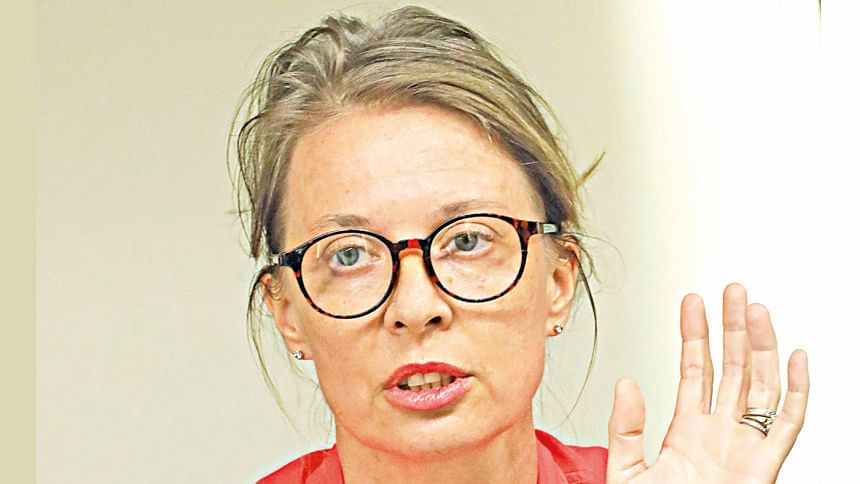
Laetitia Weibel Roberts, Deputy Programme Manager, ILO
Emphasizing lifelong learning is integral to developing a skilled workforce—a perspective that underscores our vision for the sector. Promoting worker upskilling, currently lacking, must be a priority as we anticipate industry advancements. We've witnessed marked improvements in reducing noncompliance, enhancing productivity, and bolstering worker satisfaction.
Firstly, we aim to foster greater factory ownership to diminish reliance on the Better Work framework and curtail non-compliance. The second prong of our strategy involves capacity building and partnerships, aiming to reshape service delivery to industry partners. Central to this effort is extensive capacity building, encompassing training, trainer development, and course refinement. The third aspect focuses on the evolution of Better Work's business model and our future operations. To achieve this, we prioritize knowledge sharing through seminars, discussions, sharing best practices, and data dissemination.
Our focus now shifts to extrapolating the lessons learned beyond the RMG sector, marking an exciting phase of expansion and replication.

Shakil Chowdhury, Secretary General, International Trade Union Confederation-Bangladesh Council (ITUC BC)
Despite advancements in the RMG sector, much remains to be done. Our export volume in the RMG sector has increased by 15% in the last ten years, and revenue has risen by 55%, making us the second-largest exporter in the world. However, progress in forming labor unions and collective bargaining agreements has been insufficient.
A harmonious relationship between workers and employers is essential, and without unions, achieving better industrial relations is challenging. Addressing this issue and prioritizing policy changes, such as amending laws to facilitate trade unions, is crucial. The factory inspection mechanism also needs significant improvement. Many critical issues can be resolved at the primary stage if collective bargaining or trade unions are permitted in the RMG sector. Labor courts alone cannot address all issues; they must be resolved at the factory level, and having unions would make this possible.
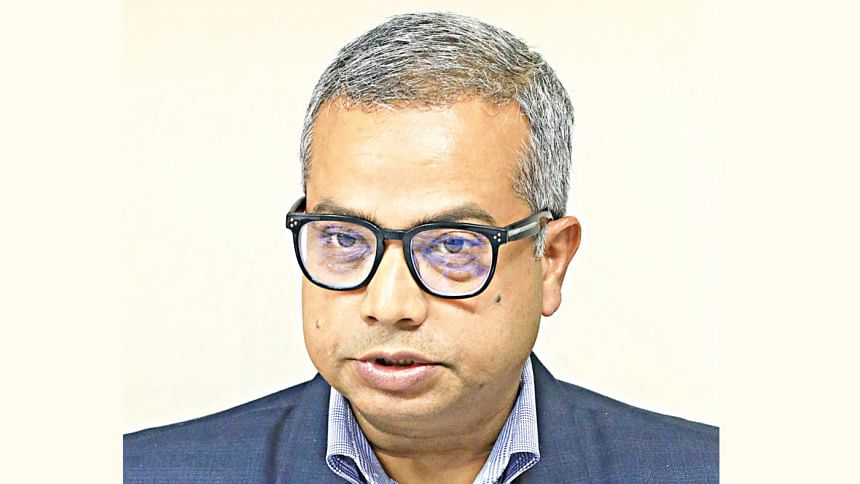
Abdullah Hil Rakib, Vice President, Bangladesh Garment Manufacturers and Exporters Association (BGMEA)
Initially met with skepticism, Better Work has succeeded due to the efforts of the IFC, ILO, and other partners. Factory owners have also played a key role, though more recognition and reward could further motivate improvements. The Rana Plaza incident served as a wake-up call for many of us, prompting significant improvements in fire safety and occupational health standards.
Many factories now want to join the Better Work program, inspired by its successful model. The government is urged to understand the project's benefits and collaborate to implement best practices at the industry level. Achieving a unified code of conduct—social, environmental, and governance-related—is essential. The government should support this through finance, awareness, and capacity building, while entrepreneurs need clear guidance. Engaging the entire ecosystem, from top-level to supervisory roles, is crucial for sustained progress.
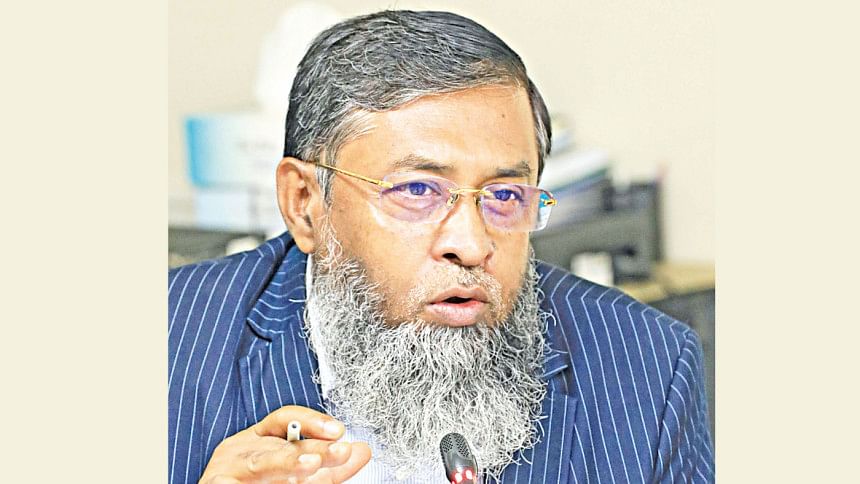
Mohammad Hatem, Executive President, Bangladesh Knitwear Manufacturers and Exporters Association (BKMEA)
I greatly appreciate the Better Work Programme, and we're closely collaborating with them. But, factories participating in the programme are often obligated to fulfill the audit requirements of various buyers and brands as well. This becomes difficult for an entrepreneur. We support implementing all Better Work recommendations, but buyers and brands must accept them without adding extra audits or regulations. Additionally, fair and ethical pricing is an important aspect to consider alongside compliance.
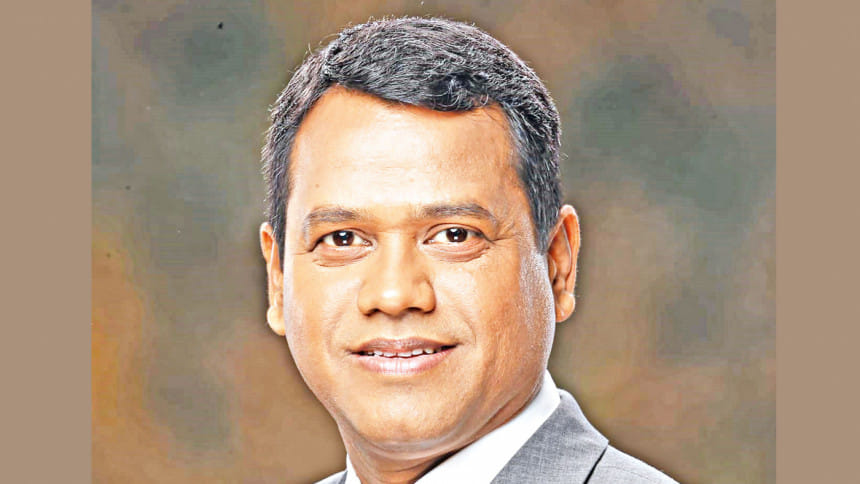
Md. Abdur Rahim Khan,
Inspector General, Department of Inspection for Factories and Establishments (DIFE)
Reflecting on the progress of Bangladesh's RMG sector over the last decade, it is evident that Better Work Bangladesh has been instrumental in driving significant improvements in labour rights and workplace safety. The progress encourages the industry to participate more in this approach.
It is also expected that both the government and workers will work together to ensure a better workplace and better implementation of the Bangladesh Labour Act (BLA) and Bangladesh labour rules. Given the graduation of Bangladesh from LDC status, the export-oriented industry, particularly the RMG sector, needs to increase competitiveness in the international market through ethical manufacturing practices and robust compliance standards.
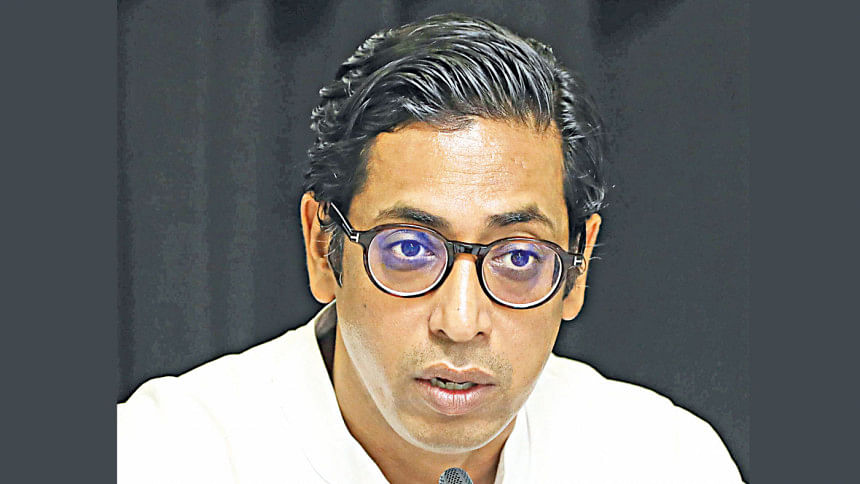
Nahim Razzak,
MP, Bangladesh National Parliament
Businesses must strive for excellence while simultaneously addressing compliance issues. The Bangladesh government is taking a strong, positive stance by consolidating labor and EPZ laws into a unified format, which has been agreed upon by all stakeholders and is nearing finalization. While the government can promote unions, it's also essential for RMG owners to support unionization. However, we must proceed cautiously with unionization efforts.
Despite being the world's second-largest RMG exporter and hosting the highest number of green factories, our industries often do not receive any extra payment for compliance. The ILO and IFC should advocate for fair treatment, and the media should spotlight this issue.
The Better Work model is replicable, but it doesn't need to be implemented in every factory. Instead, we can adopt and implement their best practices independently, learning from their successes.
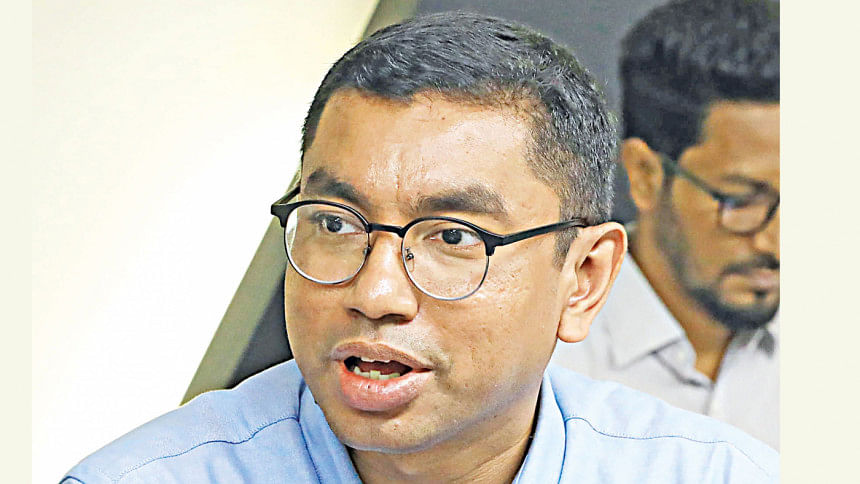
Tanjim Ferdous,
In-charge of NGO and Foreign Missions, Business Development Team, The Daily Star
Today's discussion focused on labour rights, compliance in the RMG sector, enhancement of labour standards, workplace safety, and ideal business practices. The conversation also highlighted the successes of the past decade, the development of the RMG sector, and the pivotal roles played by the Better Work Bangladesh programme. Recommendations for the next decade emphasised how to elevate our RMG sector to global competitiveness through policy, institutional, and operational changes.
Recommendations
- To adapt to LDC graduation, the RMG sector must improve competitiveness, efficiency, productivity, labor rights, and address social and environmental concerns.
- A comprehensive database of workers in the RMG sector needs to be established.
- Trade unions must be permitted in every garment factory to address workers' issues.
- Best practices from the Better Work Programme should be implemented in other factories. A database can compile these practices and their impacts.
- Further improvements are required in areas such as workplace safety, worker well-being, and gender.
- Promote social dialogue to resolve disputes and find solutions at the factory level
- Prioritize upskilling workers for evolving industrial technologies.
- Create attractive employment opportunities to retain women in the RMG workforce.
- Strengthen participation committees and grievance mechanisms, and boost women's involvement in these committees and supervisory roles.
- Establishing Industry-Based Training (IBT) Centers within the industry is crucial for developing specialized skills

 For all latest news, follow The Daily Star's Google News channel.
For all latest news, follow The Daily Star's Google News channel. 



Comments